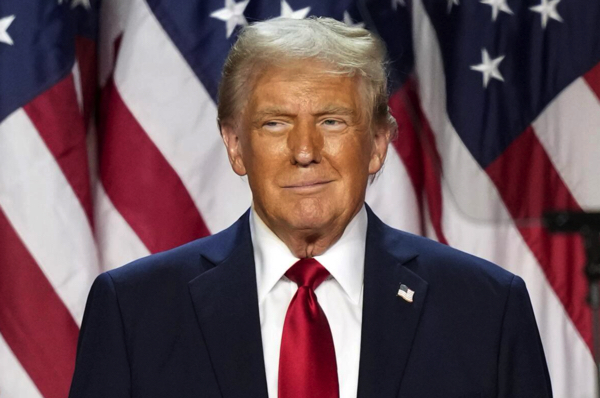 Parler
Parler Gab
Gab
- Under President Donald Trump's "One Big Beautiful Bill Act," every U.S. baby born between 2025 and 2028 will automatically receive $1,000 in a government-created investment account called a Trump Account.
- Families can contribute up to $5,000 annually (after-tax), with employer contributions up to $2,500 also allowed. Funds must be invested in low-cost stock index funds and accounts grow tax-deferred.
- Funds cannot be accessed until age 18. Between ages 18 to 25, up to 50 percent can be used for qualified expenses (e.g., education, first home, small business). Early or non-qualified withdrawals face taxes and penalties.
- The program is praised for its automatic enrollment and universal access, but critics say it is regressive, benefiting wealthier families more since they can make larger additional contributions.
- Experts warn the strict withdrawal rules and lack of hardship access may limit the program's effectiveness, especially for lower-income families facing financial emergencies.
Trump accounts under "One Big Beautiful Bill Act" spark debate
The Trump Accounts drew both praise and criticism. For instance, Michelle Dallafior, senior vice president of tax and budget at First Focus for Children, said the program is regressive in its benefits. Every child receives the same $1,000 regardless of family income, but wealthier families are far more likely to add to the account over time, either through personal contributions or employer incentives. Indeed, estimates from the Milken Institute suggest that the initial $1,000, when invested in a broad equity index fund, could grow to about $8,300 over 20 years. But additional contributions, particularly by high-income families, could grow those balances significantly more. For lower-income families unable to contribute further, the final balance may still fall short of meaningful financial milestones, such as college tuition or a home down payment. Additionally, Madeline Brown, a senior policy associate at the Urban Institute, noted that the complexity of its withdrawal structure may undermine the effectiveness of the program. In other words, there will be no mechanism for hardship withdrawals. Families who fall on hard times may be penalized for using funds they desperately need. But Brown likes the program's automatic enrollment. She explained that making it this way rather than opt-in is key to ensuring broader participation. Research shows that opt-in programs tend to attract higher-income families more often, likely because they have greater awareness of such opportunities and more disposable income to contribute. By removing the need for families to take action to enroll, the program is designed to be more inclusive and accessible to all income levels. Moreover, the federal contribution begins at birth, drawing comparisons to so-called "baby bonds" – publicly funded trust accounts designed to narrow the wealth gap. Visit Trump.news for more stories like this. Watch this video on the White House's official statement about the passing of Trump's "Big Beautiful Bill." This video is from Cynthia's Pursuit of Truth channel on Brighteon.com.More related stories:
House passes Trump's "Big, Beautiful Bill" after epic GOP unity, sets stage for Senate showdown.
Sources include: TheEpochTimes.com CNN.com Brighteon.comTrump EPA proposes stripping greenhouse gases from list of regulated pollutants
By Belle Carter // Share
Trump signs order banning “woke AI,” mandates ideological neutrality in federal tech use
By Laura Harris // Share
France to recognize Palestinian State, Macron announces
By Laura Harris // Share
By Lance D Johnson // Share
Governments continue to obscure COVID-19 vaccine data amid rising concerns over excess deaths
By patricklewis // Share
Tech giant Microsoft backs EXTINCTION with its support of carbon capture programs
By ramontomeydw // Share
Germany to resume arms exports to Israel despite repeated ceasefire violations
By isabelle // Share










